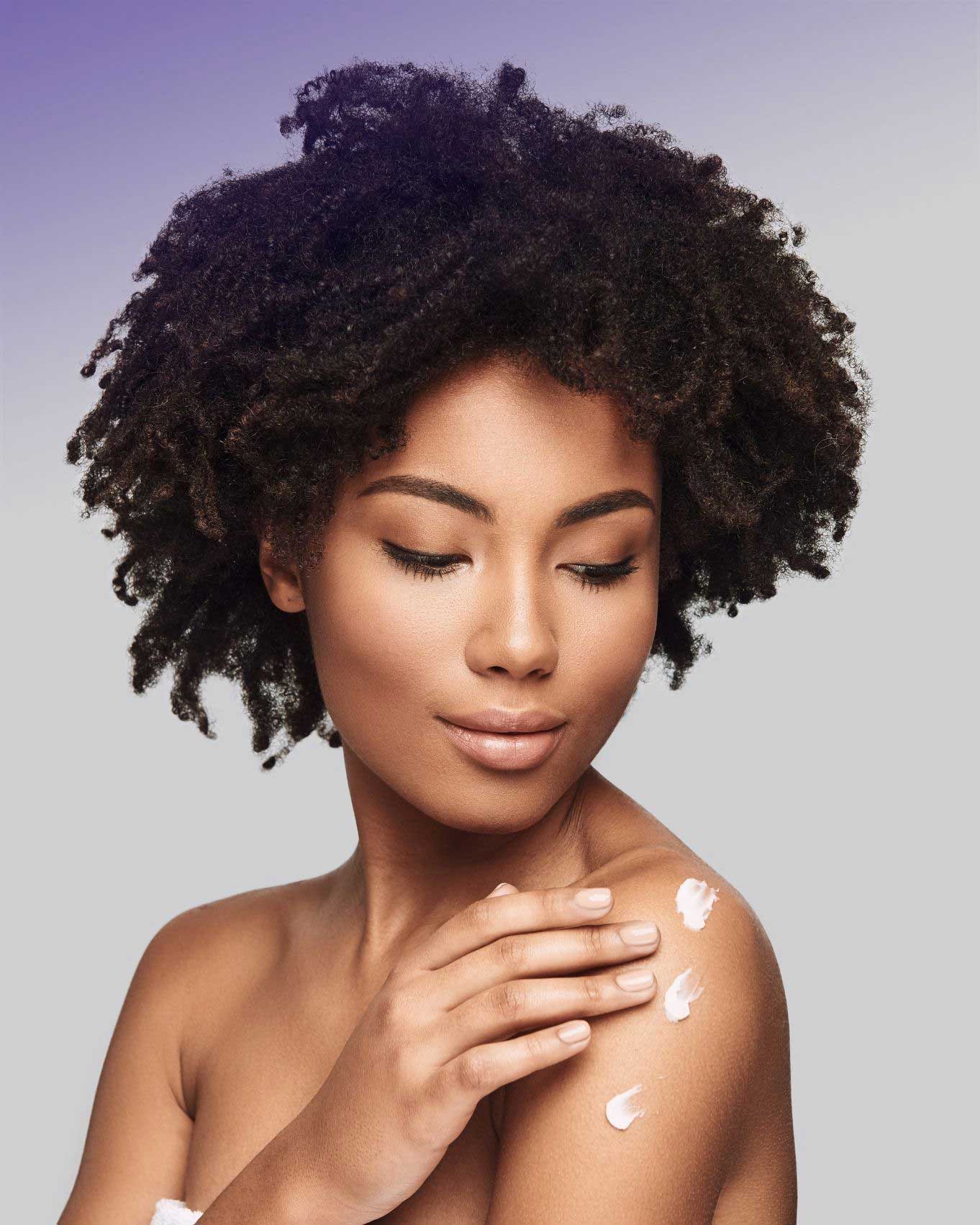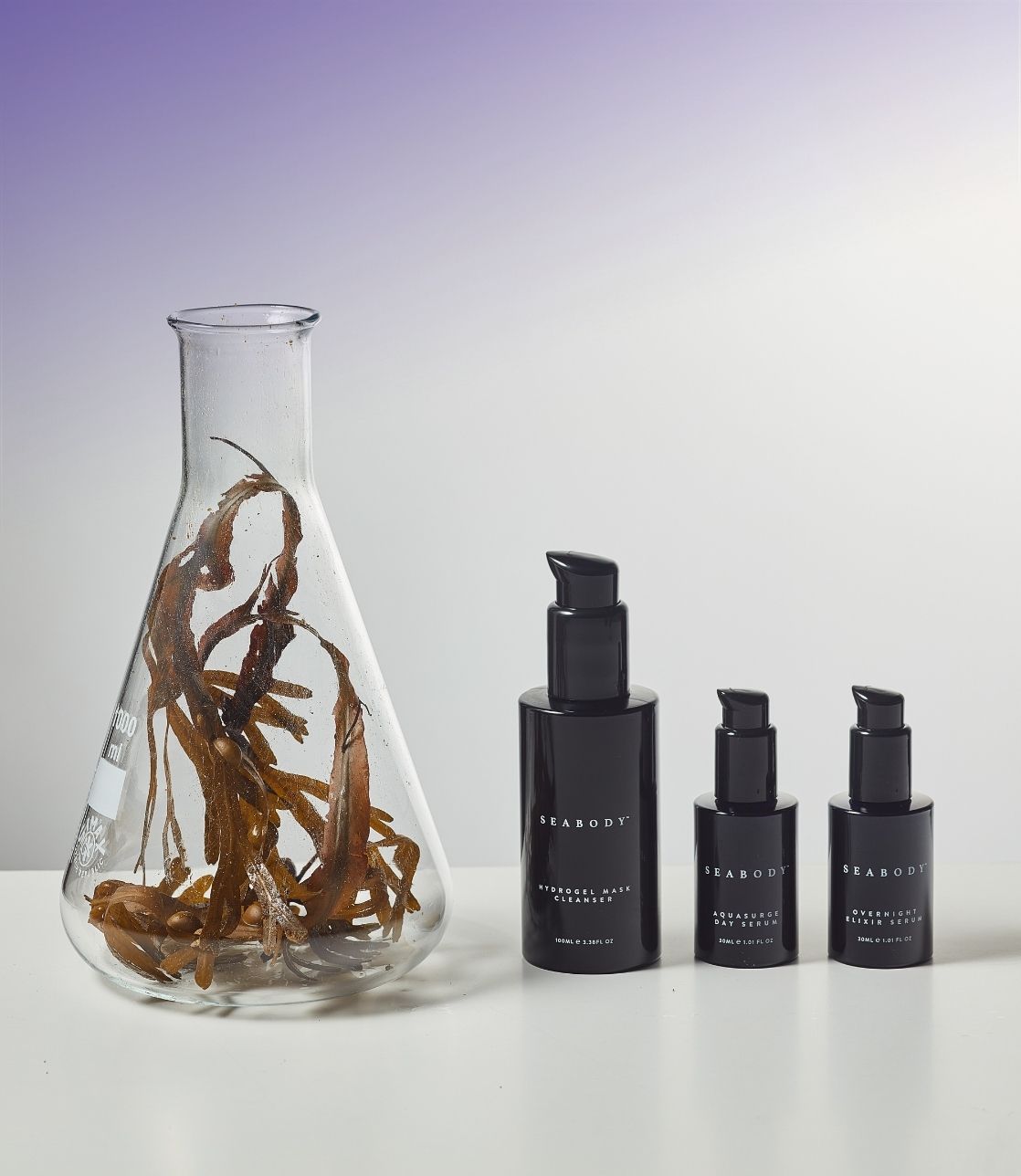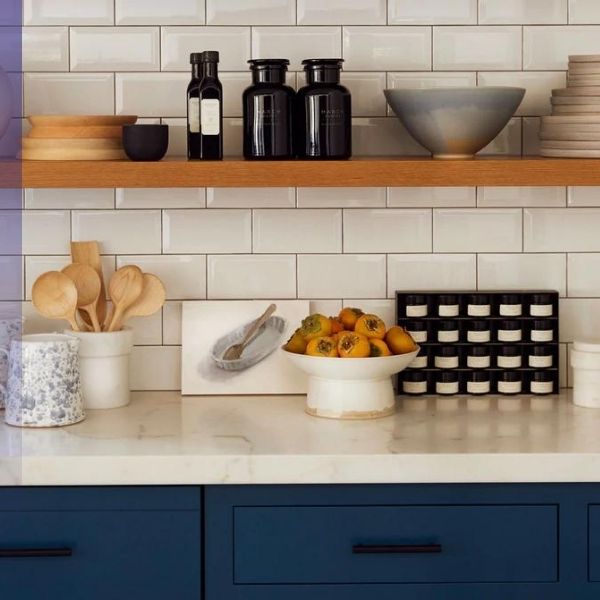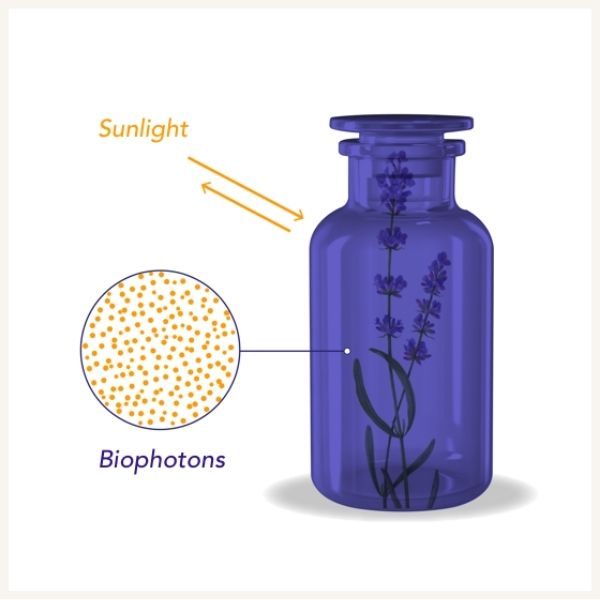The Mystery, Necessity and Beauty of Vitamin C
Everybody has heard of vitamin C, but surprisingly there are many things we still don’t know about this vital vitamin. Especially about its effects on our skin and the human body. There has been surprisingly little scientific research into this subject. Though the clinical studies that have been carried out have demonstrated that vitamin C can improve skin tone and texture, hydrate the skin and reduce the signs of aging. It seems that adding vitamin C to your skincare routine not only brightens your complexion, but also protects against skin damage caused by the sun (UV rays) and air pollution.

Your Skin and Vitamin C
Let’s find out a little more about skin and its relationship with vitamin C. On a basic level, skin is our protection against the outside world, especially bacteria, viruses and fungi, which can cause diseases. It has three layers: the epidermis, the outermost layer, which provides a waterproof barrier and creates our skin tone. Then there’s the dermis, providing strength, elasticity and nutritional support for the epidermis. Lastly, the hypodermis, which is made of body fat and connective tissue. A heathy skin, containing high concentrations of vitamin C, is a clear indication of a healthy body. Unfortunately, your skin is also the first to show the visible signs of ageing.
An Essential Role in Many Bodily Functions
What has been scientifically proven beyond doubt: vitamin C is necessary for the growth, development and repair of all body tissues. It plays an essential role in many bodily functions, including the formation of collagen, the absorption of iron and the proper functioning of the immune system. Also, wound healing and maintaining the bones, teeth and joints.
Interestingly, our body doesn’t produce vitamin C itself, that’s why we have to get it from outside sources. Fortunately, it’s found in many fruits and vegetables that we all consume daily. Everything from oranges, strawberries and kiwis to broccoli, kale and spinach. And of course, when you have particular needs or deficiencies, there are literally thousands of products you can purchase.
Short Shelf Life? Glass Is the Answer
Whether it’s a fruit drink, a serum or capsules, generally speaking, vitamin C products have an extremely short shelf life. Therefore, it’s especially important that it’s stored in the right packaging. Furthermore, considering the environmental impact, it’s better not to choose throwaway plastic packaging. So, what then? Well, the answer is much simpler than you think. Glass. Glass is recyclable, reusable and sustainable and excellent for keeping and preserving natural products.
Glass That’s a Step Further
Taking it one step further, some types of glass preserve products longer and better than others. In fact, there’s one glass that preserves natural products significantly longer than any other glass, plastic or aluminum packaging. MIRON’s violet glass is the perfect combination of traditional glassblowing techniques and cutting-edge science and technology. Creating glass that filters light to both protect and revitalize any natural product. Allowing beneficial infrared and ultraviolet light in, while deflecting rays of damaging visible light. Resulting in a wide range of bottles and jars with every type of lid, cap, seal or screw top that you can imagine. Which makes it perfect for every vitamin C product that you can imagine. That’s a lot!

Photos by Seabody

Related Reads

100 Years of Glass
Whichever way you look at glass packaging, it’s an amazing story and a positive story. It’s sustainable, recyclable and reusable. And it’s often incredibly beautiful. 100 years ago, it was the best way to keep and preserve foods, herbs, beverages, and medicines. Today that’s even more true...

Discover Violet Glass
When you’re outside on a clear day, you'll see the sun. The golden glowing sun, the bringer of light, warmth and all life on Earth. All the plants, all the animals and of course, all of us. The sun gives life, but also radiates harmful rays that can dry out, damage, degrade and decay...
100% Natural Packaging
Glass is composed of naturally occurring ingredients as it consists of sand, soda, ash, and limestone. The fusion of these components results in one single material. The circular economy aims to extend the life cycle of materials and products with the ultimate goal to use it infinitely...
